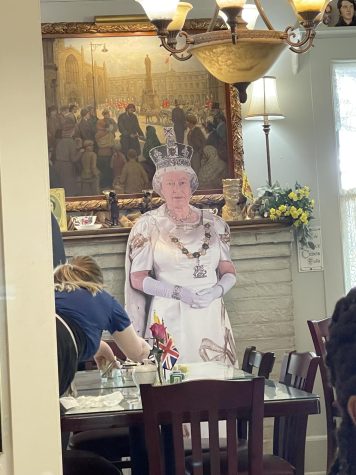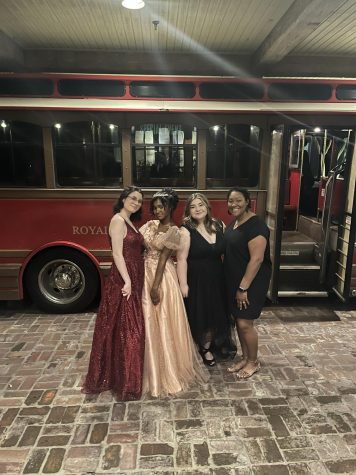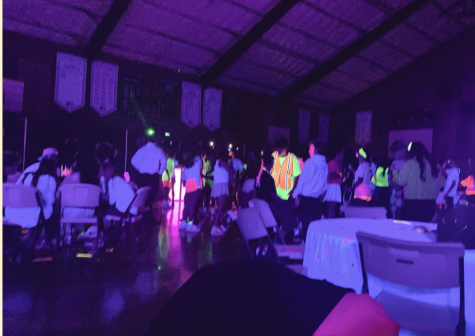Women In Power
March 22, 2022

Starting in 1981, Women’s History Week – soon turned month – has been a time in March to reflect and appreciate the contributions, achievements, and triumphs made by women of all backgrounds.
Beginning in 1987, the month of March has been dedicated to a historically and continually marginalized group: women. In 1995, each March was given a theme that correlated with Women’s History Month. This year’s theme is PROVIDING HEALING, PROMOTING HOPE. To celebrate Women’s History Month, here are some women that have embodied that theme in history.
1. Hellen Keller (HOPE)
Born in June 1880, Hellen Keller was a healthy baby girl. However, when she was a year and a half, she became deathly ill. While she survived and soon grew better, she was left permanently blind and deaf. Yet, that did not hold her back. Learning to write, speak, and read, she enrolled in highschool and college. Afterwards, she began to publish her writings, lecture, and began to advocate for the disabled. Her efforts contributed to the release of disabled and intellectually challenged from asylums. Even after her death in June 1968, her legacy lives on.
2. Anna Freud (HEALING)
As the youngest daughter of Sigmund Freud, Anna Freud was born in December 1895. She would found the profession of child psychoanalysis. Her research contributed to the expansion and discovery of the ego, consciousness, and understanding impulse and feeling. She was a chairman on the Vienna Psycho-Analytic Society before Nazi’s occupied her country. Fleeing to London, she would open a clinic and a child therapy practice before her death in 1982.
3. Bessie Coleman (HOPE)
One of 13 children, Bessie Coleman was born into a black Texan family in January 1892. At a young age, her skills in mathematics soared above the average student. After attending college, she worked at a nail salon and a restaurant. However, her dream was to fly as a pilot. Yet, women – especially black women – were discriminated against and denied access into aviation school in the US. However, Bessie would not be deterred. Learning French, Bessie Coleman moved to France and attended an aviation school in 1920. A year later, she would be the first American woman to have an international pilot’s license. She continued to learn stunt flight techniques before moving back to America. Yet, when she came back to the States, she was denied access to becoming a commercial flier. Although she died during an aviation accident, she had promoted Black interest in aviation, raised money to create a school for black aviators, and performed for non-segregated crowds.
4. Marie Curie (HEALING)
In 1867 Warsaw, Marie Curie’s family didn’t know that their daughter would excel in the field of Science. The first woman to win a Nobel Prize and the only woman to win two prizes in different fields, Marie Curie won a Nobel Prize for Physics in 1903 and a Nobel Prize for Chemistry in 1911. She was awarded these prizes based on her work and research into radioactive technology, medical advancements, and discovery of radium and polonium. Her work has been the background for advancements in chemistry, radioactivity, and nuclear physics. However, her work would be the death of her. She died from a blood disease that’s caused by high levels of radiation. Yet, her deadly work has saved countless lives.
While these women have left an undeniable mark on history, even more women fit the 2022 theme. To celebrate this year’s Women’s History, look up a woman that has inspired you. While history has not always favored or credited women’s achievements, strides are being taken to ensure that female credit is given when credit is due.








